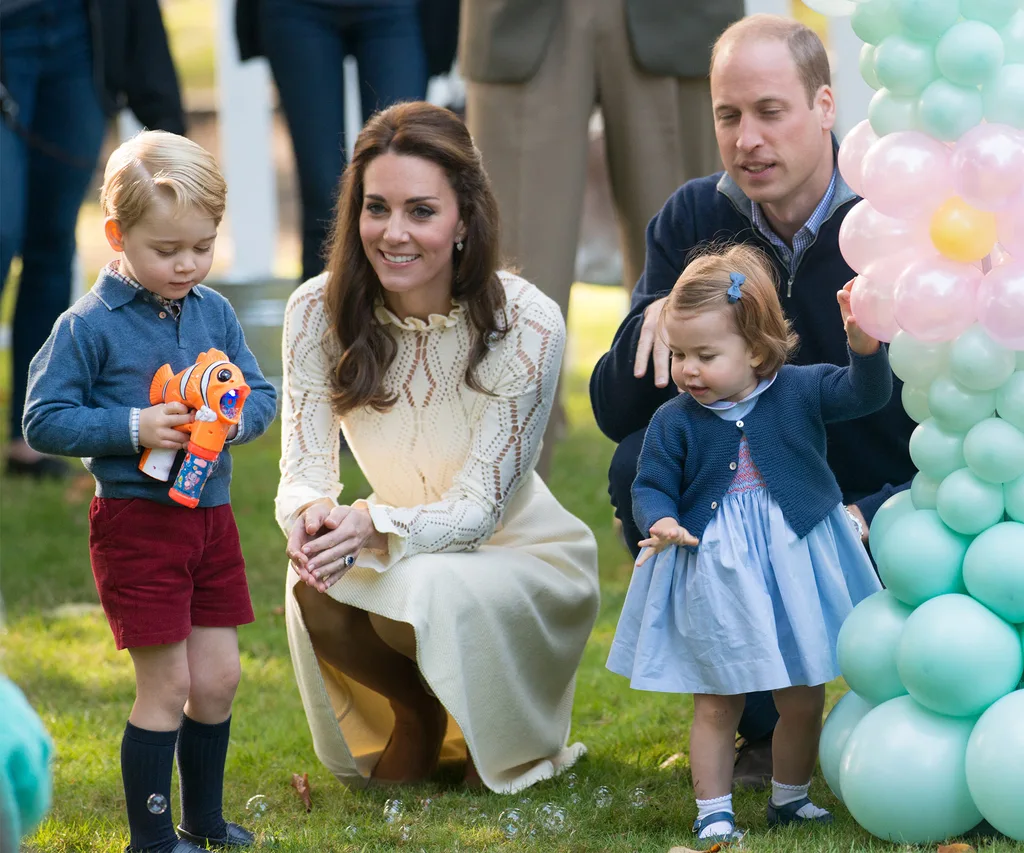PSA: Prince William has just been gifted an avocado and everything that was ever wrong in the world has just been set right again.
What’s even sweeter is that said-avo was given to the Prince by a four-year-old boy to pass on to pregnant Duchess Catherine, who is currently experiencing hyperemesis gravidarum: an extreme form of morning sickness that is usually treated with hospitalisation.
According to little Archie Weatherall’s teacher Christina Lahive, Archie and his mum had hoped this green fruit would help soothe Duchess Catherine’s morning sickness.
Upon being handed the avocado during a royal meet-and-greet at Merseyside in the UK yesterday, Prince William said:
“Archie – is that an avocado? Oh, Archie you’re too kind. I’ve never been given an avocado before! That’s really sweet of you.”
He then went on to say, “Catherine will love the avocado.”
While we know that it’s royal protocol to decline gifts made of food, this super-sweet gesture has hearts collectively melting across the world.

Preparing to bring baby number three into the world hasn’t been easy for Duchess Catherine thanks to her severe morning sickness.
As previously reported by Mother & Baby, Duchess Catherine is suffering hyperemesis gravidarum – the same serious bout of morning sickness she endured during her first two pregnancies.
And while the humble avo may not have been our first suggestion to help the Duchess through her condition, expectant mothers across the internet have raved about its ability to help calm an upset stomach during pregnancy.
So, what is hyperemesis gravidarum?
As previously reported by Mother & Baby, this is an extreme version of pregnancy nausea or sickness.
The continuous nausea and vomiting indicative of HG can result in rapid and significant weightloss (more than 5 percent of pre-pregnancy weight), dehydration, electrolyte disturbances (imbalances in the vital salts that affect all bodily functions), ketosis and acetonuria (presence of ketones in the blood stream caused by lack of glucose in the blood).
Just like in Duchess Catherine’s case, it can happen again and again, and is often more severe in subsequent pregnancies.
If you, or someone you know, would like to learn more about hyperemesis gravidarum, book an appointment with your GP or obstetrician now.
Obsessed with the royals? Join our Facebook group for the latest updates on Princess Diana, Prince Harry, Kate Middleton, Prince William, and all things royal!
.jpg?resize=380%2C285)


